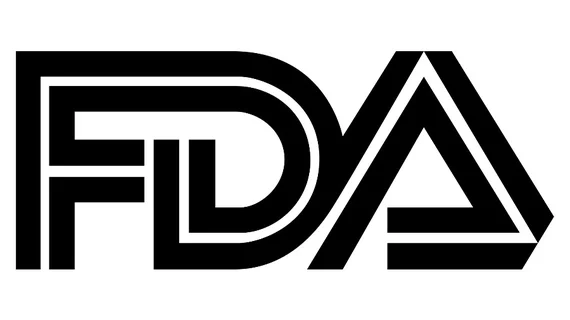HHS nominates new head of FDA
A number of leadership changes at the U.S. FDA were announced Nov. 1 by the White House and HHS, including an intent to nominate a new leader of the agency.
Stephen Hahn, MD, has been nominated to lead the FDA, while Admiral Brett Giroir, assistant secretary for health, will serve as the interim acting commissioner as the nomination process unfolds.
Ned Sharpless, MD, who has been acting commissioner of the FDA since March 2019, will be returning to his role as director of the National Cancer Institute. Acting commissioners cannot serve in their roles for more than 210 days, according to federal law.
“With Dr. Sharpless at the helm, the FDA has executed on its core responsibilities while also making progress on key priorities, such as lowering the price of prescription drugs and tackling the growing epidemic of youth use of tobacco products.,” HHE Secretary Alex Azar said in a statement.
Sharpless replaced President Trump’s original FDA head, Scott Gottlieb, who resigned in March 2019 after managing the agency since 2017. Hahn currently serves as chief medical officer of the University of Texas MD Anderson Cancer Center in Houston.
Giroir currently serves with HHS and previously worked as chief executive of the Texas A&M Health Sciences Center.
“Admiral Giroir has been an indispensable leader for HHS on a number of public health priorities,” Azar said. “As Assistant Secretary for Health, whose authorities include overseeing the U.S. Public Health Service, he will be able to assume the delegable duties of the Commissioner at this time and ensure the FDA’s work continues to move forward.”

